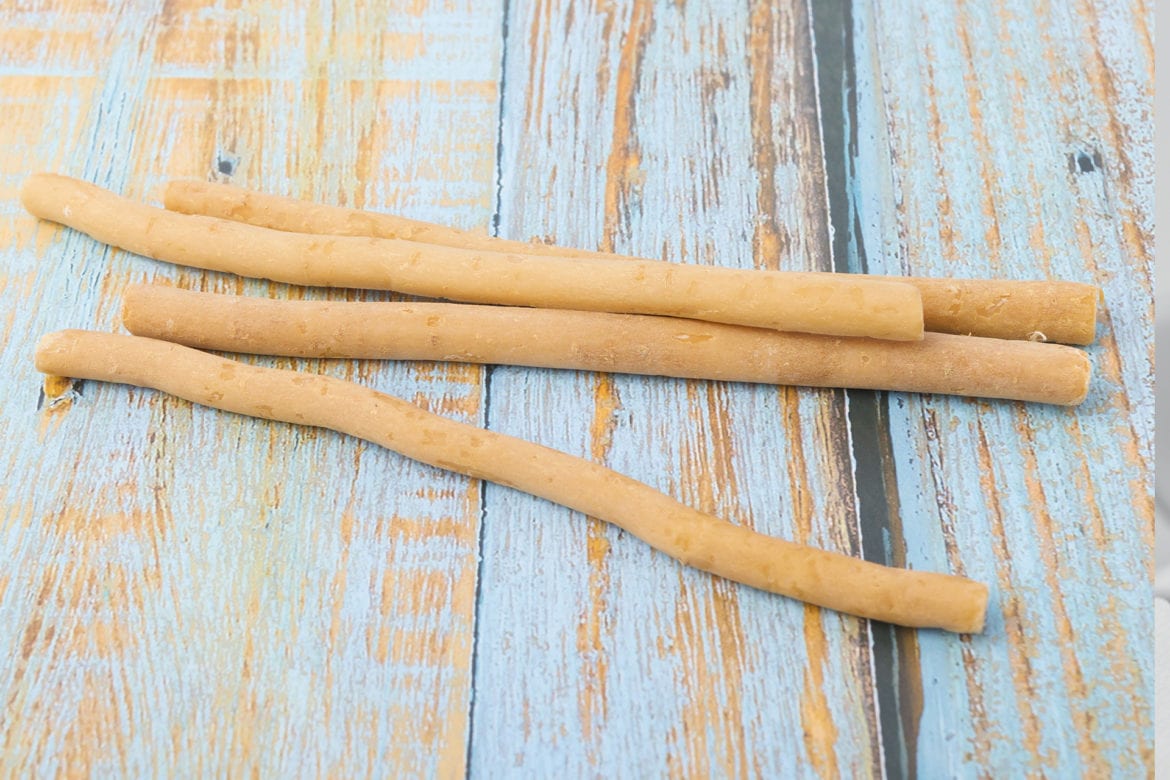The Miswaak was known before Islam, but Islam added a religious perspective to its usage.
The Prophetic guidance:
The Prophet Muhammad, sallallaahu ‘alaihi wa sallam (may Allah exalt his mention), recommended Muslims to clean their teeth using a Miswaak every day; especially upon waking up, when performing ablution, before prayer, when reciting the Qur’an, before sleeping, when entering the house, and when the mouth has a foul odour. There are many Prophetic narrations that talk about Miswaak. Following are some of them:
‘Aa’ishah, may Allah be pleased with her, related that the Prophet, sallallaahu ‘alaihi wa sallam, said: “Ten things are part of one’s natural disposition: Trimming the moustache, growing a beard, (using) the Miswaak, sniffing water, cutting the nails, washing hands, plucking armpits, shaving pubic hair, and conserving water.” [Muslim]
Furthermore, he, sallallaahu ‘alaihi wa sallam, highlighted its importance, saying: “If it were not that it would create hardship for my people, I would have ordered them to use the Miswaak with every ablution and with every prayer.” [Al-Bukhari]
Medical discoveries:
The Miswaak is a natural tool for brushing the teeth. It is taken from the roots and branches of particular desert trees. It differs from one region to another, but in Arabia and Asia it is taken from the Arak tree. This is the most famous variety, and is the kind that was used by the Prophet, sallallaahu ‘alaihi wa sallam.
Its scientific name is Salvadora Persica. It is a tree that grows in hot equatorial countries, especially in desert valleys. It is widespread in the South of Saudi Arabia, Yemen, Sudan, Egypt, and elsewhere. Salvador Persica is an upright evergreen small tree or shrub, seldom more than one foot in diameter, reaching a maximum height of three metres. The leaves are small, oval, thick and succulent with a strong smell of cress or mustard.
The Miswaak is also obtained from other trees. In Africa, for example, it is cut from lime and orange trees, and in America some are cut from the Senna tree. As the Arak tree is so well-known, and as it was the kind that the Prophet, sallallaahu ‘alaihi wa sallam, used, it has been scientifically studied. The following summarise the various discoveries regarding Miswaak.
Health effects of Miswaak:
Physically, the Miswaak is a natural toothbrush. It is composed of a compact group of minute natural fibres that perform exactly the same function as a normal toothbrush except that it is made of natural rather than plastic fibres. For this reason it may be more gentle on the gums.
Miswaak’s natural toothpaste is made up of many substances that are important for cleaning teeth. Many researchers have studied the Miswaak in depth, and have proven that Miswaak contains over ten different natural chemical compounds considered essential for good oral and dental hygiene.
They are: fluoride, silica, tannic acid, resins, alkaloids (salvadorine), volatile oils (sinigrin), sulfur vitamin C, sodium bicarbonate, chlorides, calcium, benzylisothiocyanate (BIT), and others including salicylic acids, sterols, trimethylamine, saponins, flavenoids.
Some of…

